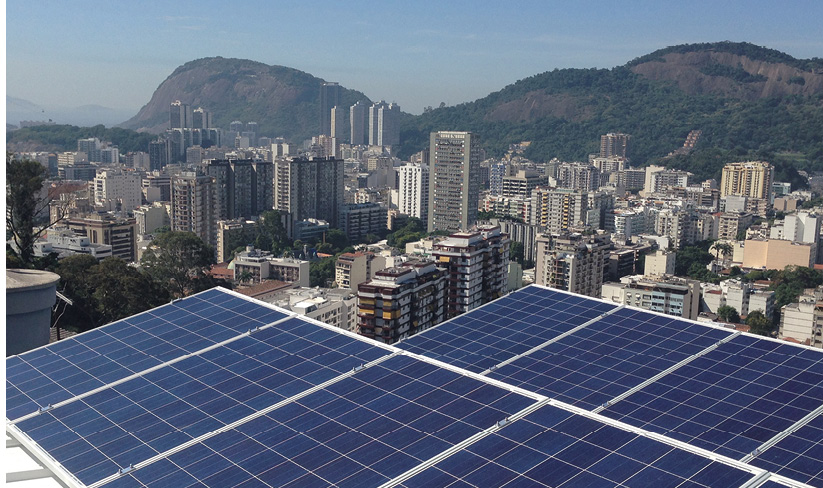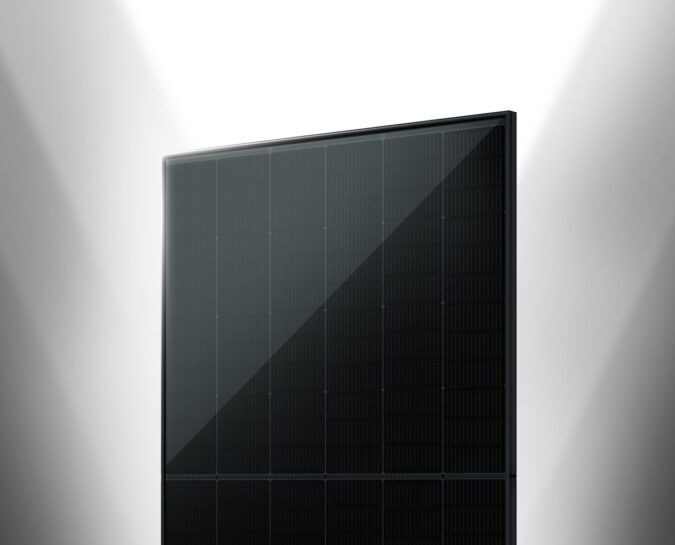From pv magazine LatAm
Solar power has reached the 52 GW mark of operational installed capacity in Brazil, according to the Brazilian Photovoltaic Solar Energy Association (ABSolar). Since 2012 the sector has brought more than BRL 238.3 billion ($39 billion) in new investments to the country, generated more than 1.5 million green jobs and contributed more than BRL 73.8 billion in revenue to the public coffers.
The balance sheet takes into account the sum of distributed solar generation, with 34.8 GW, and large solar plants, with 17.4 GW. As a result, solar power has already avoided the emission of about 63 million tons of CO2 in electricity generation. PV technology currently represents 21.4% of the installed capacity in the Brazilian electricity matrix, making it the second largest source.
“Although the growth of solar energy demonstrates the robust role of the source in the Brazilian electricity matrix, it is important to highlight that the sector has faced a series of challenges and barriers, which have required a lot of resilience and adaptation from companies and professionals,” says ABSolar President Ronaldo Koloszuk.
In November 2024, the federal government announced a new increase in the import tax on PV modules, from 9.6% to 25%. The measure jeopardizes the advancement of technology in Brazil, the association warns, as it makes solar energy more expensive for consumers and makes it difficult for the population to access solar energy at a time when the world is working to combat climate change and accelerate the energy transition.
“The year 2024, in particular, was one of great difficulties for the sector, with distributors refusing the connection of new solar systems, alleging reversal of the electric flow in the case of distributed generation. In the case of centralized generation, the sector was subject to generation cuts (restriction or constrained-off) by the National Electric System Operator (ONS), which strongly affected the income of producers, made it difficult to comply with contracts and jeopardized investments in new solar projects. For both segments, the recent increase in the import tax on solar panels was received with concern and discontent, as it plays against the growth of technology in Brazil,” says Koloszuk.
ABSolar CEO Rodrigo Sauaia adds that many of the obstacles faced in 2024 are still present on the short and medium-term horizon for entrepreneurs in the sector. “Therefore, ABSolar will continue to work hard to solve the main challenges and build effective solutions for the photovoltaic sector, coordinating with electric power distributors, the regulatory agency, the electric sector bodies, the national congress and the federal government itself,” he says.
“The country needs to advance public policies, incorporating good legal and regulatory practices, to better harness the potential of solar energy for Brazil’s social, economic and environmental development, as well as for the energy transition and the fight against global warming. In addition, there are great opportunities in new technologies, such as electricity storage and green hydrogen, in which Brazil can be a major player if it builds a good business environment to attract green investments, companies and jobs,” Sauaia adds.
This content is protected by copyright and may not be reused. If you want to cooperate with us and would like to reuse some of our content, please contact: editors@pv-magazine.com.



1 comment
By submitting this form you agree to pv magazine using your data for the purposes of publishing your comment.
Your personal data will only be disclosed or otherwise transmitted to third parties for the purposes of spam filtering or if this is necessary for technical maintenance of the website. Any other transfer to third parties will not take place unless this is justified on the basis of applicable data protection regulations or if pv magazine is legally obliged to do so.
You may revoke this consent at any time with effect for the future, in which case your personal data will be deleted immediately. Otherwise, your data will be deleted if pv magazine has processed your request or the purpose of data storage is fulfilled.
Further information on data privacy can be found in our Data Protection Policy.